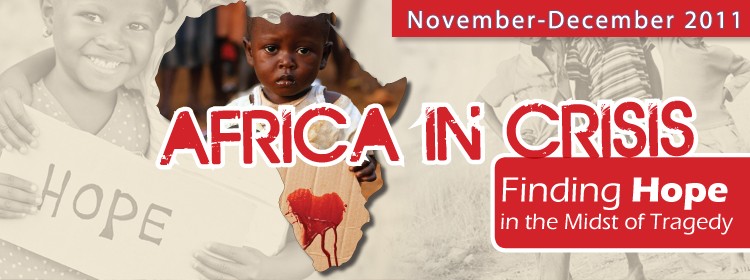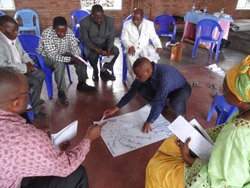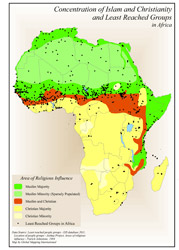 Editorial
EditorialAfrica
Hope in the Midst of Darkness
Africa is a huge mess. It is riddled with wars, six million dead in the Congo alone, famines, AIDS, poverty, corruption and more. Yet the gospel has made tremendous gains in the 20th Century. How is it that so many have put their faith in Christ and yet the situation does not seem to have improved at all? Should not the transformational power of the gospel have made a greater impact? What went wrong? Africa is an object lesson and a case study of all the things you should not do by both the global world powers and the Church. The global powers, seeking access to Africa’s vast natural riches and human capital, have sought to control the continent for their own benefit. Colonialism and slavery have resulted. Even after the colonial powers left, there is still fierce competition for Africa’s resources, leading to further bloodshed and corruption. In their attempt to fix what they have broken, the global community has flooded the continent with foreign funds and resources, thereby destroying local markets and creating ongoing dependency, and enriching the corrupt leadership of the various countries. It is a lot for any people to overcome.
Tags: africa

















comments